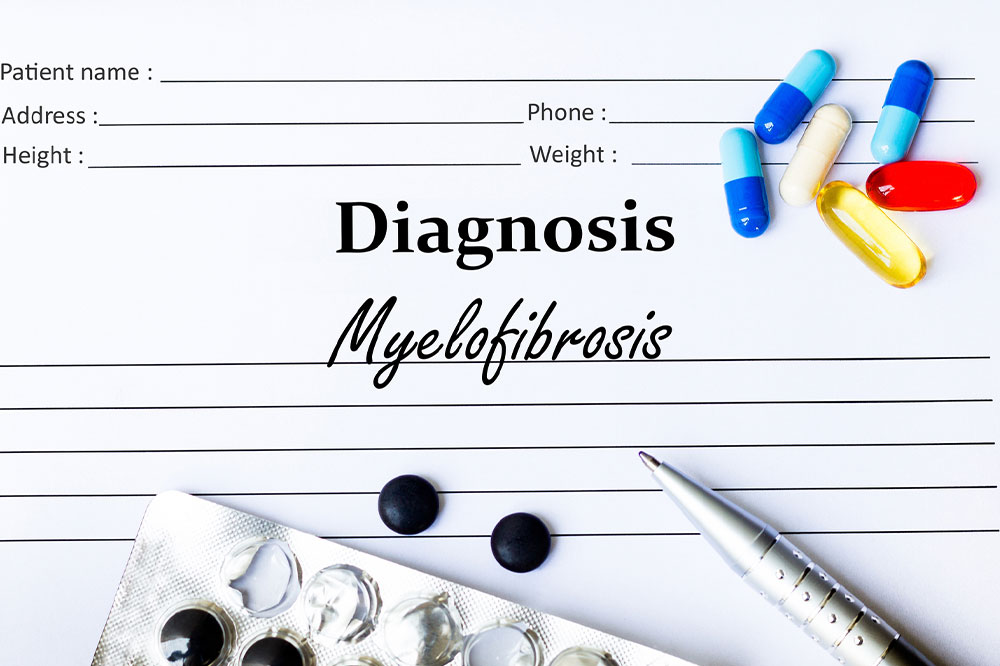Comprehensive Approach to Managing a Lung Cancer Diagnosis: Strategies to Improve Quality of Life
Diagnosed with lung cancer? Discover comprehensive strategies to manage your condition effectively. From understanding treatment options to seeking emotional and financial support, this article offers valuable insights to help you navigate the challenges of lung cancer diagnosis with confidence and resilience. Learn how staying informed, maintaining communication with your healthcare team, and utilizing support systems can improve your quality of life and outlook during treatment.

Comprehensive Approach to Managing a Lung Cancer Diagnosis: Strategies to Improve Quality of Life
Receiving a diagnosis of lung cancer can be a profoundly life-altering event, often accompanied by a whirlwind of emotions such as shock, fear, and uncertainty. Confronting this illness requires not only medical intervention but also a strategic approach to emotional, financial, and informational challenges. Proper management can significantly influence treatment outcomes and overall well-being. This comprehensive guide explores effective strategies for navigating a lung cancer diagnosis, emphasizing education, communication, support systems, and lifestyle adjustments to foster resilience and hope during difficult times.
Understanding your diagnosis is the first critical step in managing lung cancer effectively. The more you know about your specific situation, the better equipped you'll be to make informed decisions. Lung cancer encompasses different types, primarily non-small cell lung cancer (NSCLC) and small cell lung cancer (SCLC), each requiring distinct treatment approaches. Factors such as tumor stage, location, genetic markers, your age, and overall health significantly influence treatment options. Collaborating with skilled healthcare professionals, including oncologists, thoracic surgeons, radiologists, and specialized nurses, ensures a personalized treatment plan tailored to your unique needs.
For advanced stages, especially in non-small cell lung cancer (NSCLC), a variety of therapies are available, such as targeted treatments, immunotherapy, chemotherapy, and radiation. Understanding these options can help you participate actively in your treatment decisions. It is essential to maintain open and honest communication with your medical team. Building a relationship of trust allows for clarity around prognosis, potential side effects, and expected outcomes. Don’t hesitate to ask questions, seek second opinions, or request detailed explanations to ensure you fully understand your treatment pathway.
Financial concerns can add additional stress during treatment. Several organizations and healthcare providers offer financial assistance programs, grants, and charity support to help manage medical bills, insurance claims, and reimbursement processes. Exploring these resources early on can prevent unnecessary financial strain and allow you to focus more on recovery.
Equally important is understanding your insurance coverage. Carefully review your policy to know what treatments, tests, medications, and frequent doctor visits are covered. This awareness can prevent surprises and help you plan financially for your treatment journey.
Beyond medical management, emotional support plays a vital role in coping with lung cancer. Building a strong support network of friends, family, or support groups provides comfort and assistance during this challenging period. Sharing your feelings in a safe environment helps process emotions and reduces feelings of isolation. Many hospitals and cancer centers have trained counselors and psycho-oncologists available to provide professional emotional support.
Keeping track of your emotional health is equally important. Maintaining a journal or engaging in creative outlets like art, music, or photography can serve as healthy ways to express and understand your feelings. Acknowledging emotions promotes better mental health and resilience throughout treatment.
Utilizing specialized patient navigation services can streamline your journey through complex healthcare systems. Patient navigators assist with understanding treatment options, coordinating appointments, managing legal considerations, and connecting you to community resources. Their guidance ensures you don’t feel overwhelmed and helps you stay organized.
In addition, engaging in light physical activity, when permitted by your healthcare team, can have notable benefits. Gentle exercises such as walking or stretching can help reduce stress, improve mood, and boost overall physical health. Always consult your doctor before starting any new activity to ensure it’s appropriate for your specific condition.
Overall, adopting a holistic approach that encompasses medical, emotional, informational, and lifestyle strategies can greatly improve your quality of life when managing lung cancer. While the diagnosis presents challenges, being proactive, seeking support, and staying informed empower you to face the journey with strength and hope. Remember, you are not alone—many resources and community support networks are available to assist you every step of the way.





